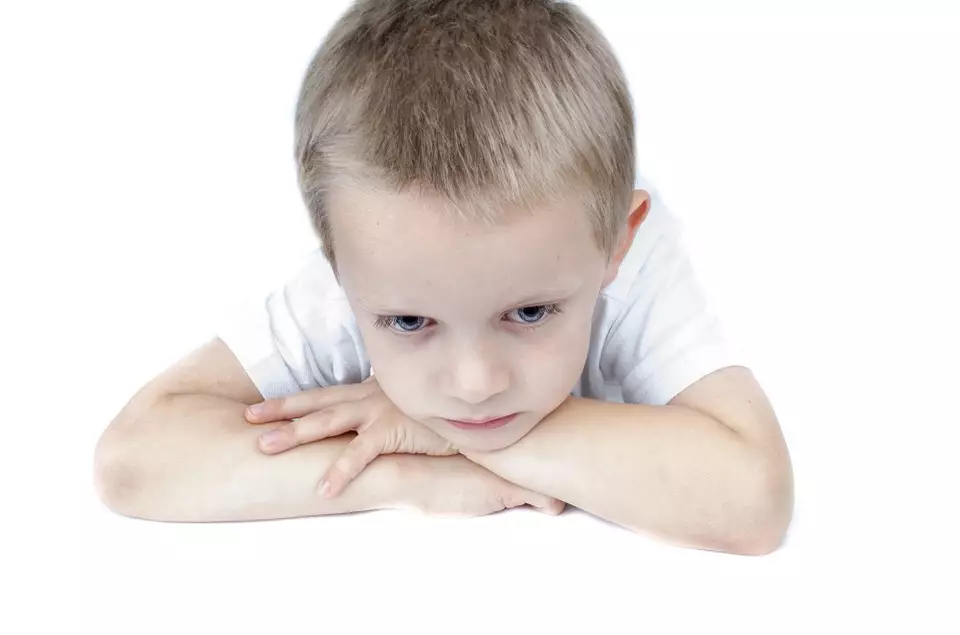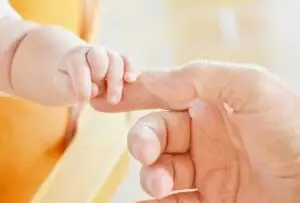Studies estimate that 1 in 4 children grow up in a home where substance abuse is present regularly. When children grow up in homes where one or both parents are addicts, the child is almost twice as likely to suffer from substance abuse themselves, sustaining the cycle of addiction. Substance abuse also presents a whole host of other problems within the family and for the child, such as feelings of isolation, instability, loneliness, and guilt. Substance abuse affects much more than just the addict and can continue to damage families for generations.
Effects on a Child
Children who come from a home where substance abuse is prevalent are more likely to
- Have low self esteem
- Perform poorly in school
- Struggle with emotional stability
- Isolate themselves
- Are more likely to be victims of sexual or physical abuse
 Role Reversal
Role Reversal
Parents are typically the caregivers in a child/parent relationship, but often in homes with addicts this arrangement is backwards. Children begin caring for their parent. A teen may begin doing the grocery shopping to feed younger siblings when a parent is too intoxicated or get a part time job to ensure that rent is paid on time. A young child may help a parent clean up after a session of binge drinking, as they have witnessed it enough to understand the next steps. Children begin assuming adult responsibilities in a an attempt to maintain normalcy. This creates excess stress which can affect brain development.
Breaking the Cycle
Seeing a child take on adult roles can be eye opening, but can also be the catalyst for change. Ensuring children have trusted adults to speak with is paramount. Drug education in school is preventative and informative. Removing the stigmatization of addiction can expel barriers to addicts and their children receiving help. The cycle of addiction can be broken and families can be healed.
For those interested in rehab, recovery, and detox in Broward County, reach out to us as soon as possible.
Jump to a Section
Call (855) 425-4846
 Role Reversal
Role Reversal